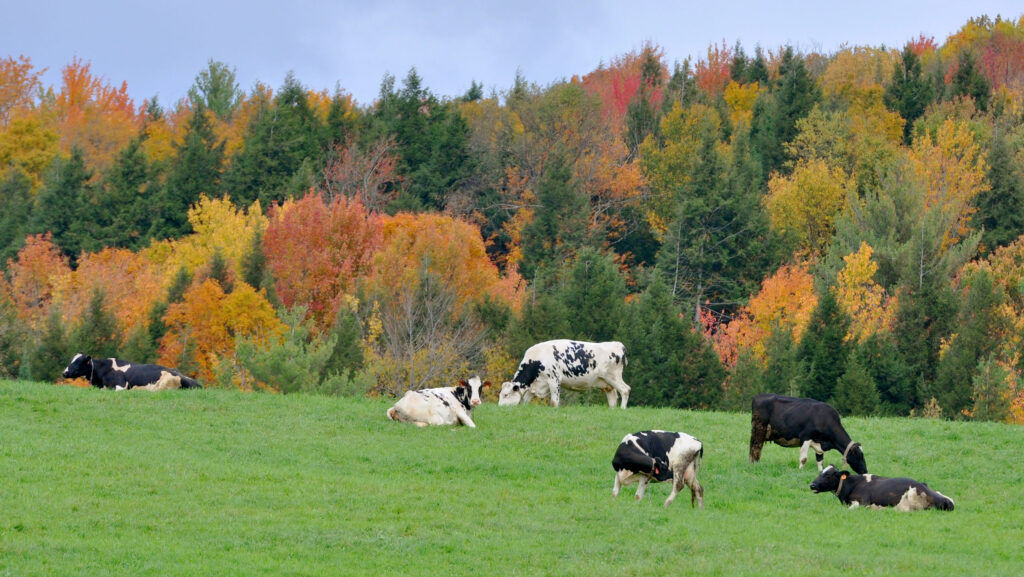US reports human case of bird flu caught from cattle
 © Adobe Stock
© Adobe Stock Authorities in Texas have reported the first case of avian influenza in a human, following close contact with dairy cows presumed to be infected with the H5N1 strain of the disease.
The disclosure follows several outbreaks of avian influenza in dairy cattle across the US, which came to light in late March.
See also: Avian influenza prevention tips and how to handle an outbreak
So far, the US Department for Agriculture (USDA) has identified 12 cases in cattle, with New Mexico the latest state to declare an incident on 1 April. Texas is the most prolific state, with seven herds affected.
According to the Texas state health department, the primary symptom of the first human case was conjunctivitis.
“Avian influenza A(H5N1) viruses have only rarely been transmitted from person to person,” it said in a statement.
“As such, the risk to the general public is believed to be low; however, people with close contact with affected animals suspected of having avian influenza have a higher risk of infection.”
Healthcare professionals are being urged to be vigilant for people with symptoms of avian influenza, especially those who may have had close contact with potentially infected animals.
“A close contact is defined as a person who is within 6ft of a confirmed or probable avian influenza case for a prolonged period of time,” said the statement.
Dairy cattle
The USDA is continuing to investigate with other agencies how the disease crossed to cattle, though contact with infected wild birds – dead or alive – is believed to be the primary route.
Cattle-to-cattle transmission has not been ruled out.
Veterinary experts remain adamant that the H5N1 virus has not changed in the process and is therefore no more transmissible to humans.
“There continues to be no concern that this circumstance poses a risk to consumer health, or that it affects the safety of the commercial milk supply because products are pasteurized before entering the market,” said a USDA spokesman.
“Dairies are required to send only milk from healthy animals into processing for human consumption; milk from impacted animals is being diverted from the commercial milk tank or destroyed, so that it does not enter the human food supply.”
The USDA also recommends that raw milk and milk products are avoided, and that any milk from cows showing symptoms of avian influenza is not fed to calves without being heat-treated.
